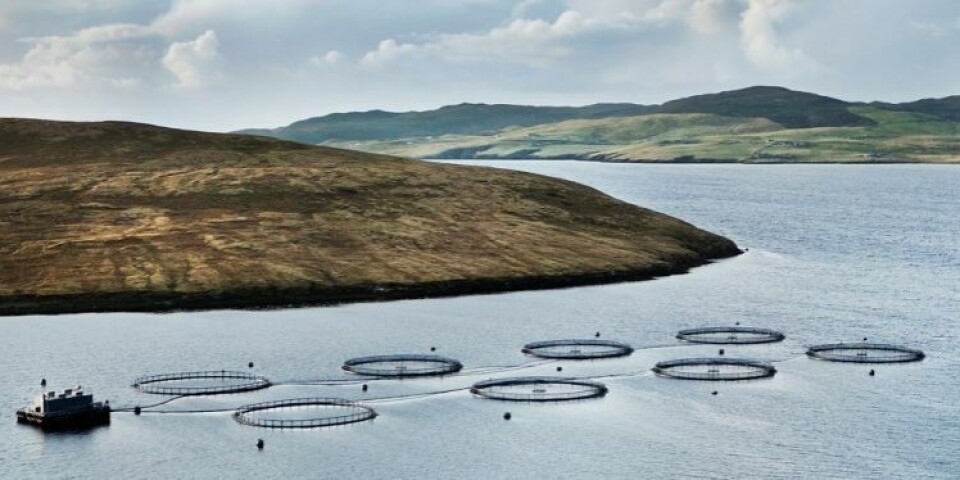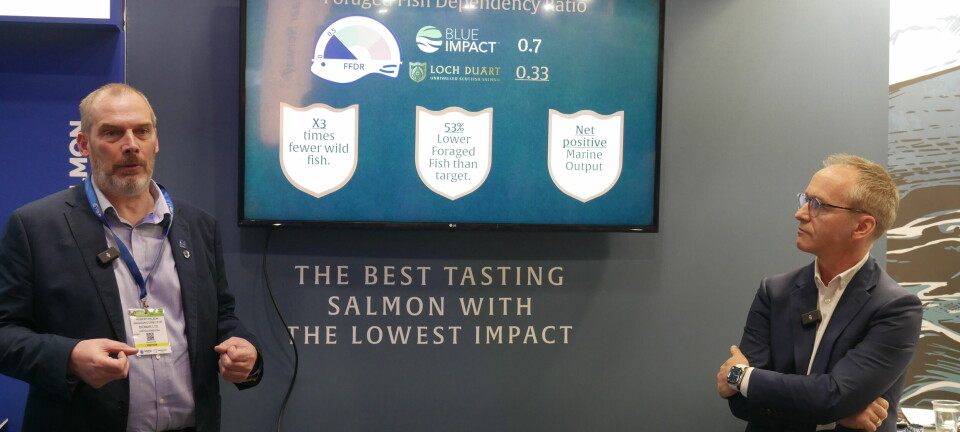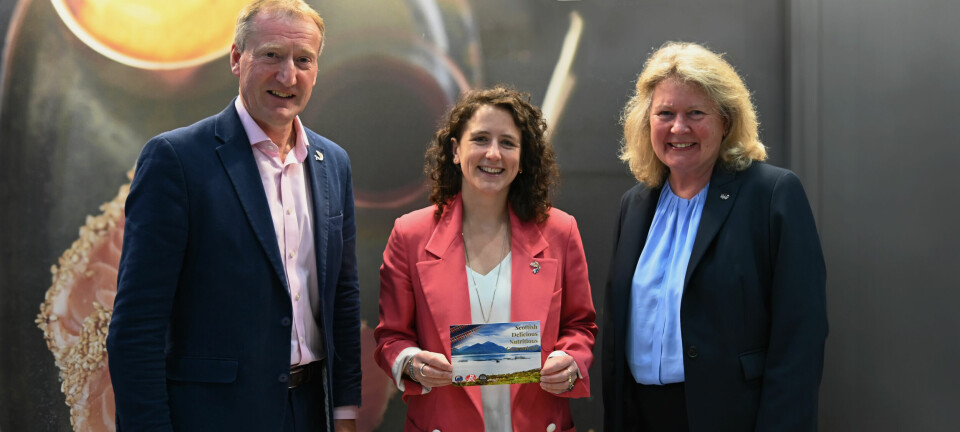
We’d struggle without EU workers, warns Grieg Shetland chief
Grieg Seafood Shetland managing director Grant Cumming has reiterated Scottish salmon farming’s concerns about the effects of Brexit, warning that “we would really struggle without our EU workers”.
Cumming, who was speaking on BBC Radio Scotland, said Grieg was particularly reliant on staff from abroad at its processing factory, where half of workers are from other countries in the European Union. In total, a fifth of its workers are from EU countries.
Grieg’s case was highlighted by Shetland Islands Council, which along with other councils in the Highlands and Islands said EU free movement of people had helped sustain fragile communities.
Population decline
They have jointly produced a population study that warns: “Any changes to migration policy that reduced inward migration in future would therefore be expected to lead to a decline in the population.”

Cumming’s concerns reflect those of the Scottish Salmon Producers’ Organisation (SSPO), which last year estimated that up to 65% of the 8,800 people the industry employed directly and indirectly were non-UK citizens from the EU.
In its Securing A Positive Outcome For Scottish Salmon After Brexit document published in October last year, the SSPO stated: “These 5,000 to 6,000 people live in Scotland and contribute economically, culturally and socially to local rural communities. This benefits the local economies and ensures their long-term viability.
Free movement
“A key component of the Single Market we enjoy is free movement of labour. This availability of labour to fill key roles helps to make Scottish salmon production the huge success it is today. It is, therefore, essential in any future trade agreement with the EU that our immigration policy reflects the need to safeguard these jobs and allows companies to recruit the people and skills they need.”
Meanwhile, the Food and Drink Federation (FDF) has today criticised the final report by the independent Migration Advisory Committee (MAC) on the impact of European Economic Area (EEA) migration in the UK.
The MAC report, requested by then Home Secretary Amber Rudd in July 2017, is likely to shape the UK government’s post-Brexit immigration policy.
No preference for EU workers
The report says EU workers coming to the UK should be given “no preference” for visas after Brexit and called on the government to scrap a limit on the number of highly-skilled “Tier 2” workers – currently 20,700 a year - altogether.
The MAC said it was “not convinced there needs to be a work route for low-skilled workers” from the EU to fill jobs in industries such as catering or hospitality.
It said some sectors would “complain vociferously” but believed the number of existing low-skilled migrants would not change immediately.
The “possible exception” to this rule would be for seasonal agriculture, where 99% of the workers come from EU countries.

Failure to suggest solutions
FDF chief executive Ian Wright said: “The proposals in today’s MAC report fail to suggest solutions that would ensure the UK’s food and drink manufacturing industry would continue to have access to EU workers across the full range of skill levels.
“The report has some encouraging proposals. We welcome the suggestions relating to the Tier 2 visa system, including widening the range of jobs permitted within the tier, removing the resident labour market test, and abolishing a cap on the numbers of employees within this tier. Yet amendments to the Tier 2 visa system alone would still not offer our industry the flexibility needed to employ reactively.
“Any new system that constricts and constrains businesses’ ability to grow or to deal with changing consumer demand will do nothing to improve wage growth and may increase the cost of food and drink in the long-term.
“It is essential that Government prioritises migration in EU negotiations to ensure UK food and drink manufacturers have access to the employees they need at all skill levels.”




















































